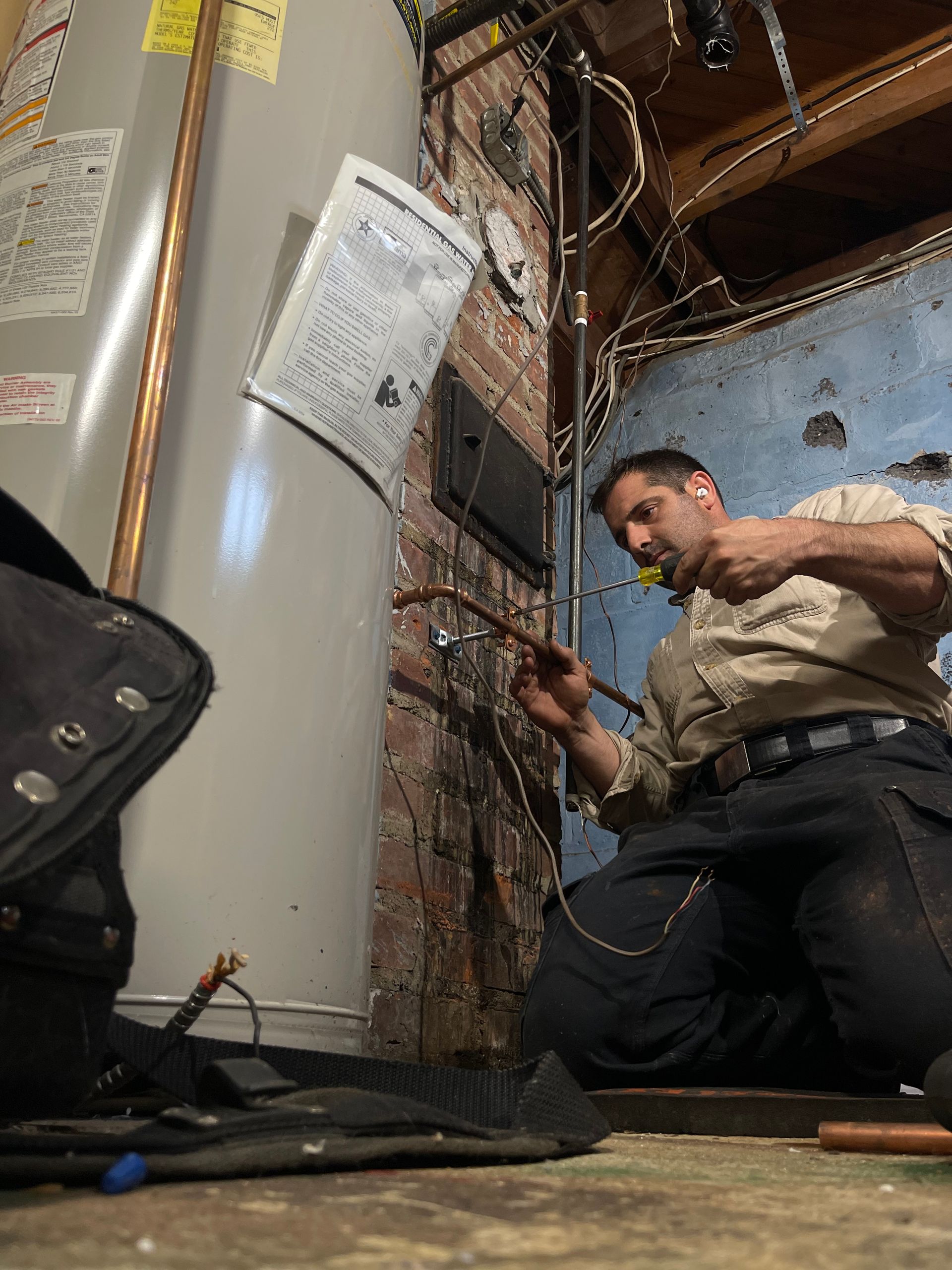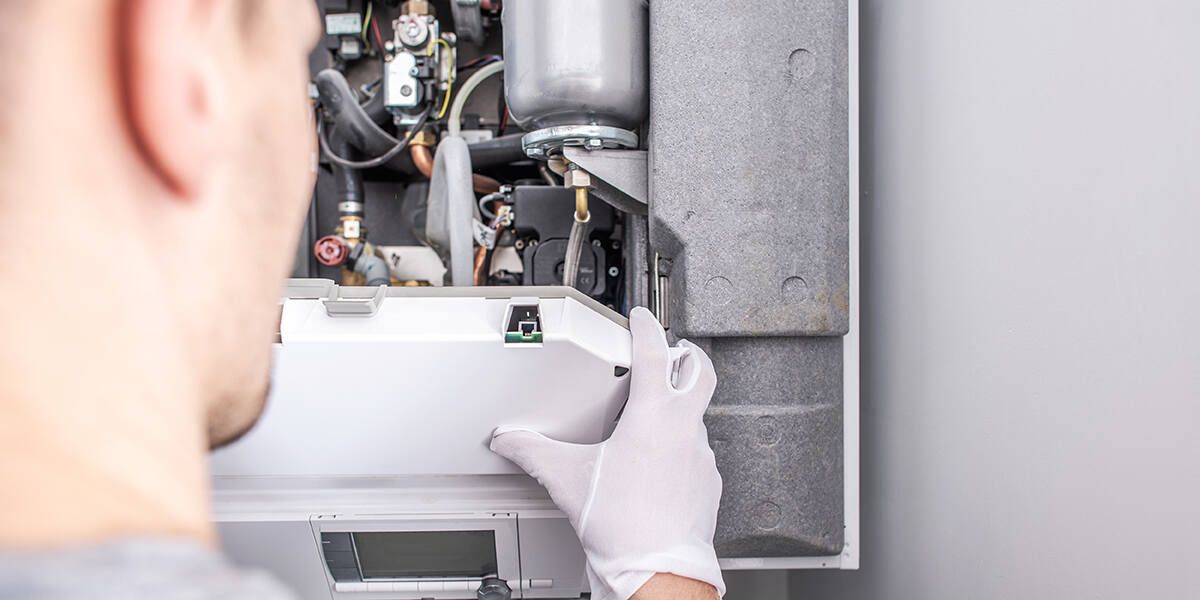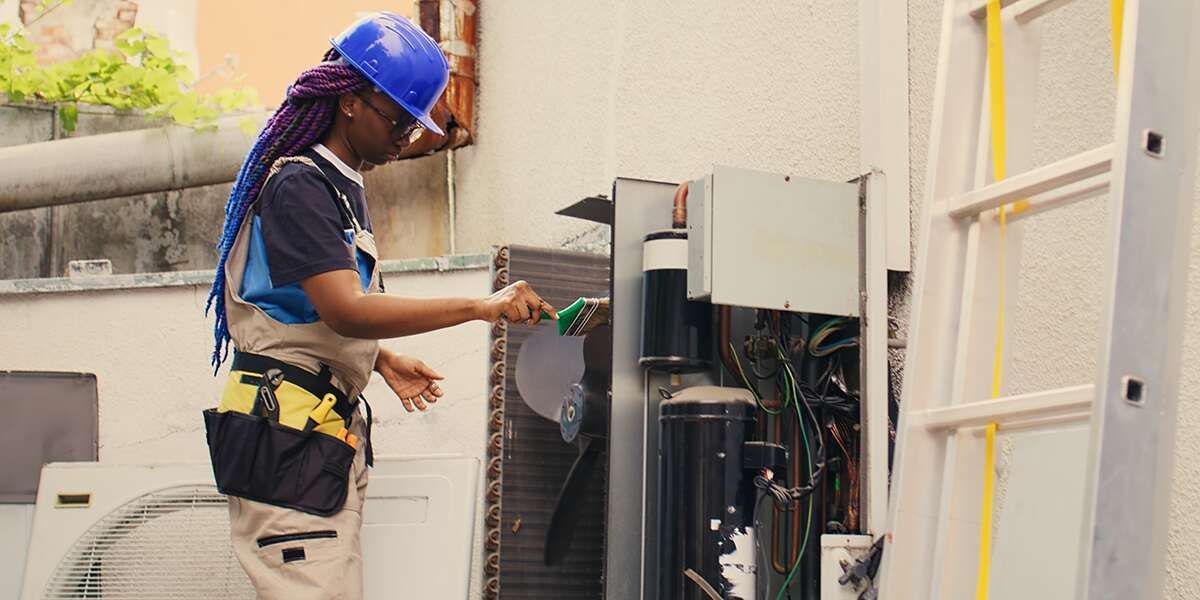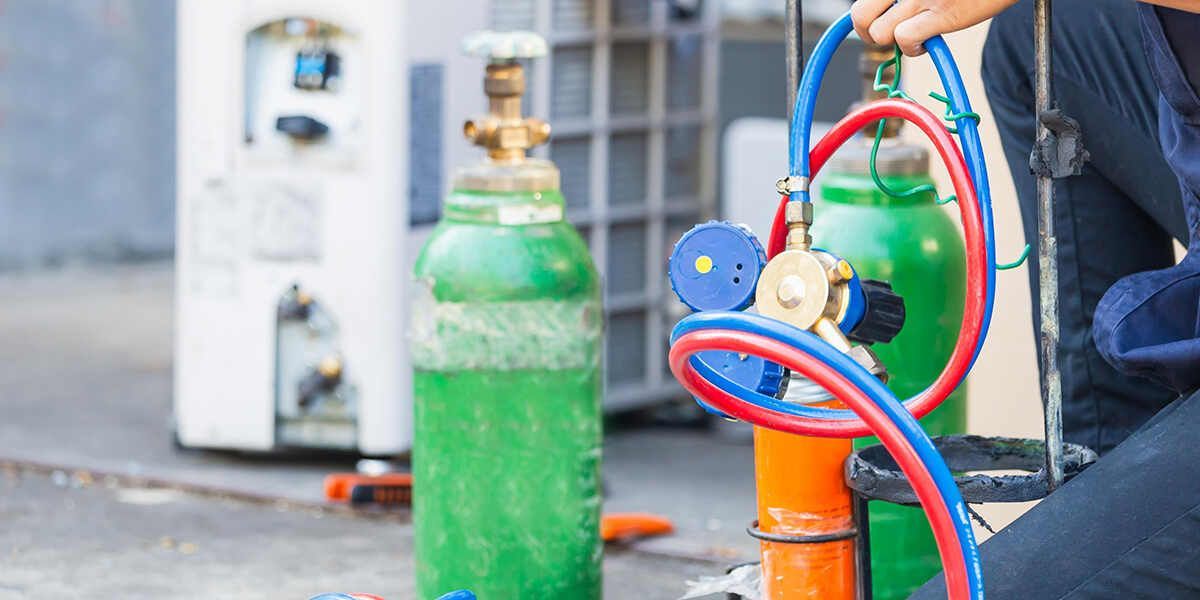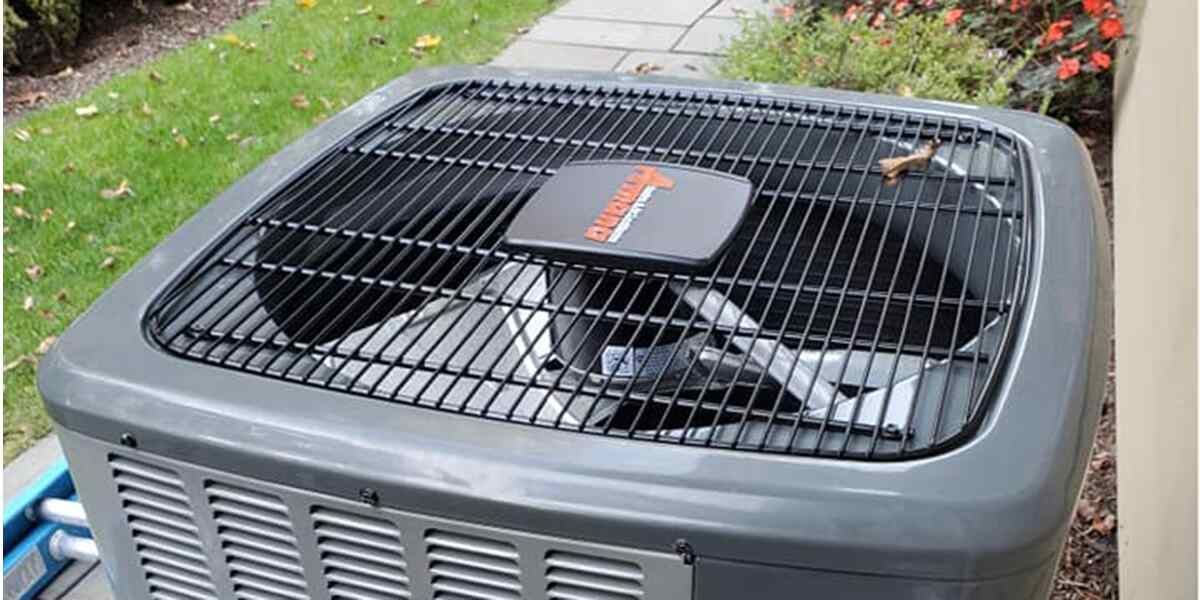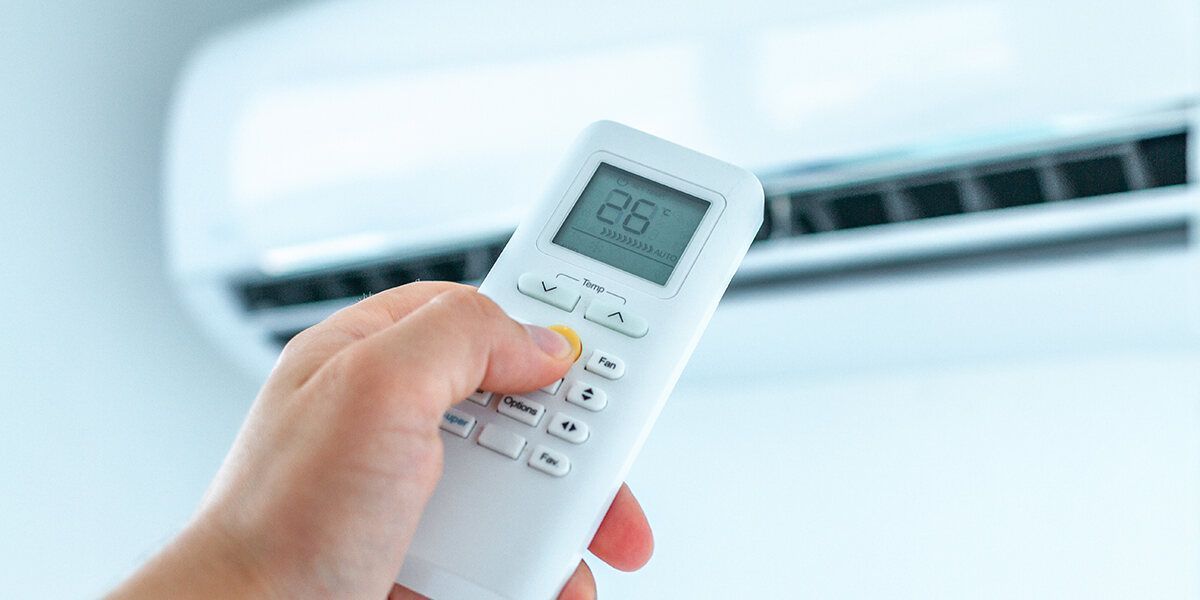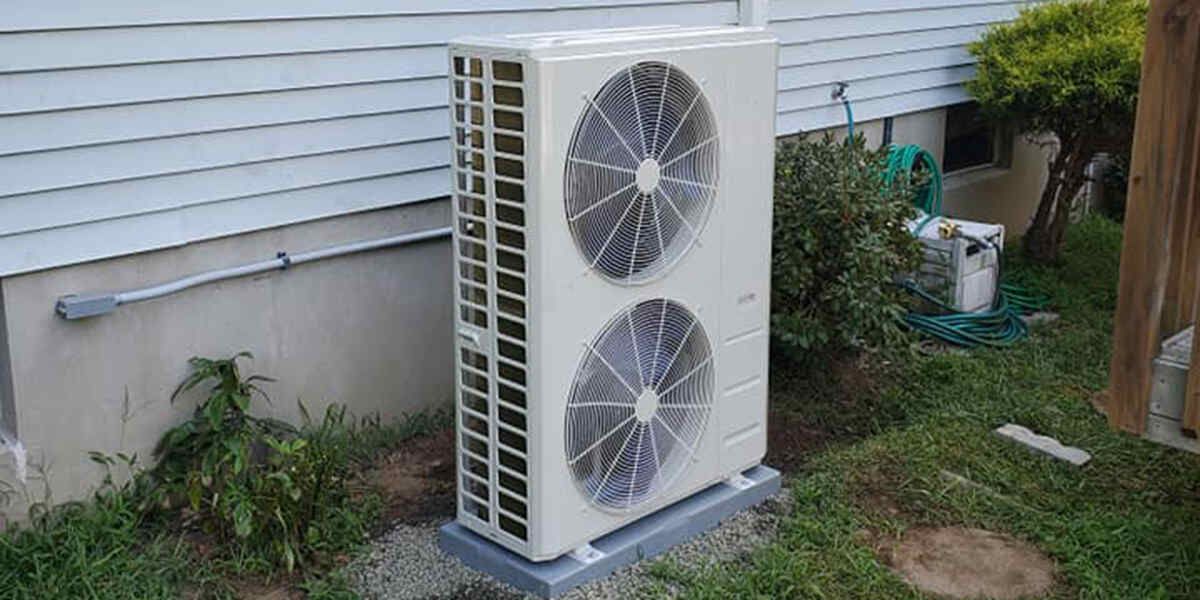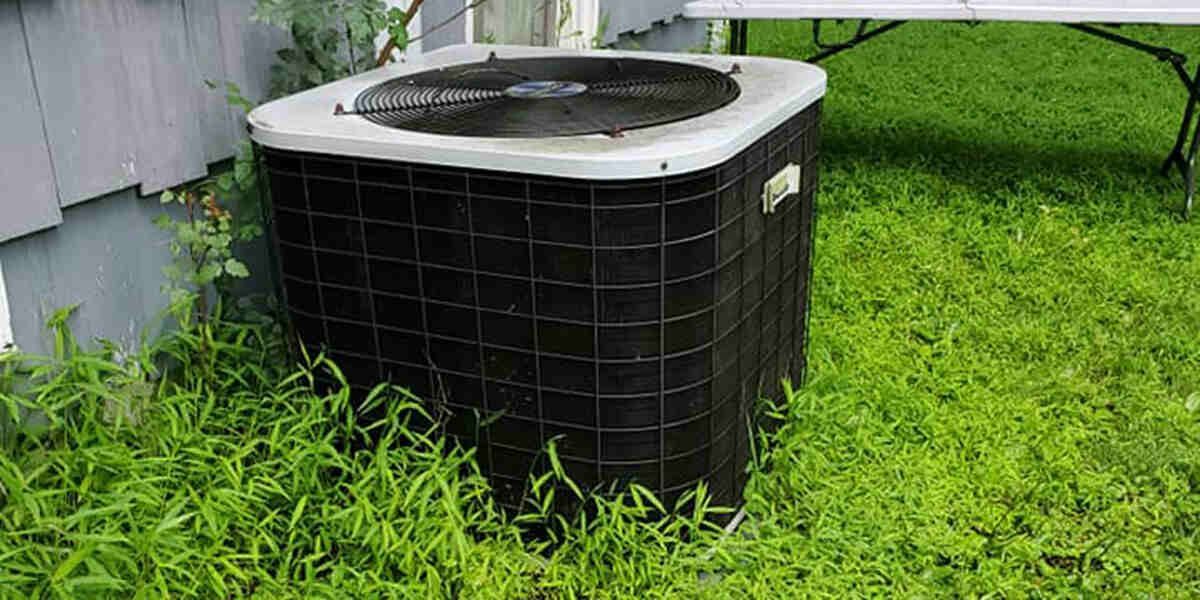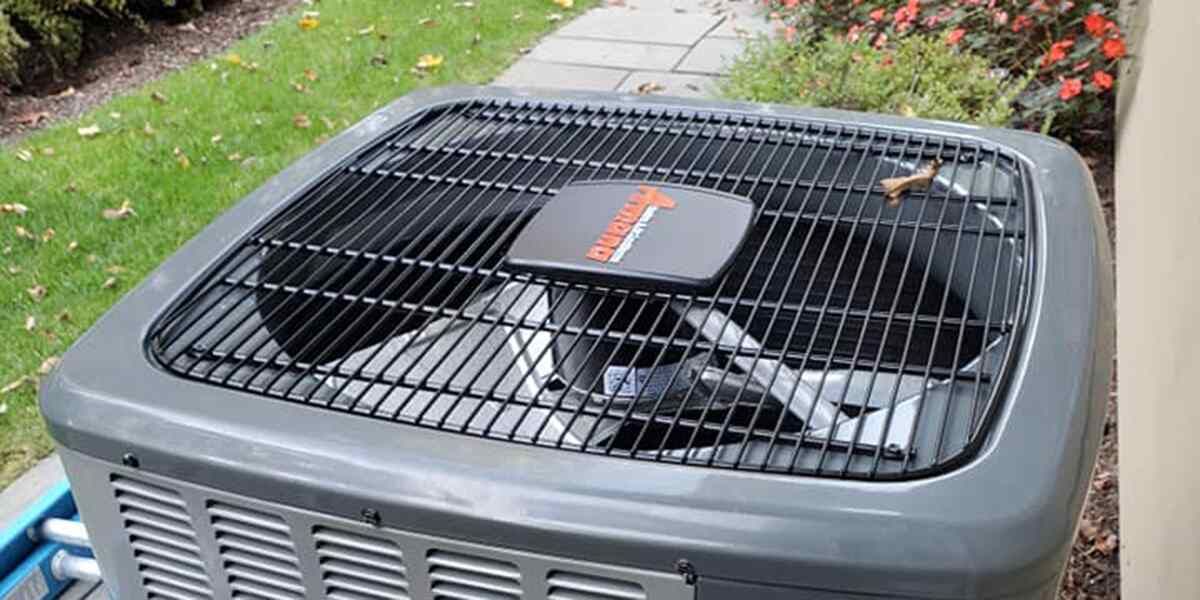How to Identify and Fix Electrical Shorts
Comfort Specialists
Any wiring problem in an electrical circuit isn’t always a short circuit, but they’re a common problem. Short circuits often occur due to any wire connections or circuit wires that are damaged or exposed, and these damages need to be caught and repaired as soon as possible. It’s first important, however, to understand just how electrical wiring works.
It’s in the nature of electricity to return to the ground, necessitating the need to install a properly functioning circuit. This allows the current to flow through an established circuit system, keeping the home and various infrastructures from suffering from wild electricity. Keep in mind that most elements in the building are conductors of electricity, making it dangerous without the right system in place.
Should the connections in the wiring break or loosen, however, the electricity will still pose a threat—it will leak. It will look for a way to flow back to the ground, which are the materials existing in a given space, including human beings and other flammable materials.
Given the dangerous nature of these electrical shorts, finding the time to learn more about them is necessary. To help guide you through identifying and dealing with such circumstances, we’ve curated this quick and easy guide for you to follow:
What causes electrical shorts?
Electrical short circuits happen for various reasons, but there are three causes most homeowners experience:
Cause #1: Loose wires
Depending on the age and quality of your, electrical attachments can eventually loosen. As a result, neutral and live wires touch, causing an unwarranted electrical flow to happen. Fixing faulty wire connections can be difficult to do, and should always be avoided doing by yourself—call in an expert as soon as possible.
Cause #2: Faulty wiring insulation
Apart from loose attachments, damaged insulation systems can also cause live and neutral wires to touch, which then leads to an electrical short. Such insulation systems could mean nail and screw punctures and non-insulated staples, which then causes systems to collapse. As a result, electricity flows into unwanted places.
Cause #3: Defective wiring on appliances
It’s important to leave appliances plugged into a wall outlet, as this allows wiring to become an effective part of the overall system. Unfortunately, when problems arise, they also affect the circuit path. Broken appliances can easily cause short circuits to happen, which can begin in either the plugs, power cords, or even the appliance itself.
How can you properly deal with short circuits?
If you’re unsure about a short circuit instance, remember the most common sign: a circuit breaker tipping, which then causes the entire system to shut off. However, it’s also important to remember that your circuit breaker can also be affected by an overload, but a circuit breaker still tripping after a reset means a wiring problem—one that warrants your immediate attention.
Should you find yourself dealing with a short circuit problem, make sure to follow the steps outlined below:
Step 1: Locate what tripped your circuit breaker. You can do so by looking at the main service panel, and the circuit breaker will show you wish the item has been switched to the off position. Most breakers will have an orange or red window to indicate the problem area, and once you find it, take careful note. Remember to keep it off, however, especially as you begin your inspections.
Step 2: Check your appliance’s power cords.
Once you’ve gained a full understanding of the problem area, make sure to inspect all power cords within it, especially appliance power cords. Should you see any sign of damage, you may be dealing with a shorted appliance. Make sure to unplug these devices. Keep all light and appliances switched off, just to make sure that the area remains safe. You will need to turn on the circuit breaker once more to check that you’ve actually identified the problem.
Step 3: Once the circuit breaker has been switched on, make sure to switch each light and appliance on one at a time.
If you reach a switch or appliance that causes the circuit breaker to trip once more, you will have successfully identified the electrical short problem.
Step 4: Begin the repair process.
If you have the means to do so, repair the wiring system as soon as you can. You’ll need to shut off the circuit and then open up the outlet, where you need to switch boxes to inspect all the wires and the connections they’re existing in. From there, you can proceed with repairs and replacements. If you do not have the necessary tools and skills, however, proceed to the next step.
Step 5: Enlist the help of an expert.
If you find yourself unable to fix your current electrical short problem, don’t hesitate to enlist the help of a professional electrician. Keep in mind that various tools and steps will need to be taken into account, which warrants the attention of the right person. Make sure to contact them right away, and you can rest assured knowing your home is completely safe—from all potential shorts.
Work With The Best Electrician In Hunterdon County, NJ
Given today’s digital world, electricity has now become a vital aspect of every home. We need power to run our laptops and computers, as well as light to see and appliances to store and cook food. It’s important to keep your electrical wiring system as healthy as possible, as anything less not only affects your quality of life but your family’s safety.
If you suspect a problem with your home’s electrical circuit system, following the steps listed above can help. If you can resolve the problem on your own, remember to stay as safe as possible while making the attempt. Should you need more than just a DIY solution, however, don’t hesitate to call on the experts.
Reach out to highly skilled professionals at Comfort Specialist Services, and we’ll help identify any home problem that may be present—and not just electrical shorts. We also offer
heating and air conditioning services in Morris County, NJ, along with every other electrical need that requires effective solutions. Place your trust in us—contact us to learn more.



